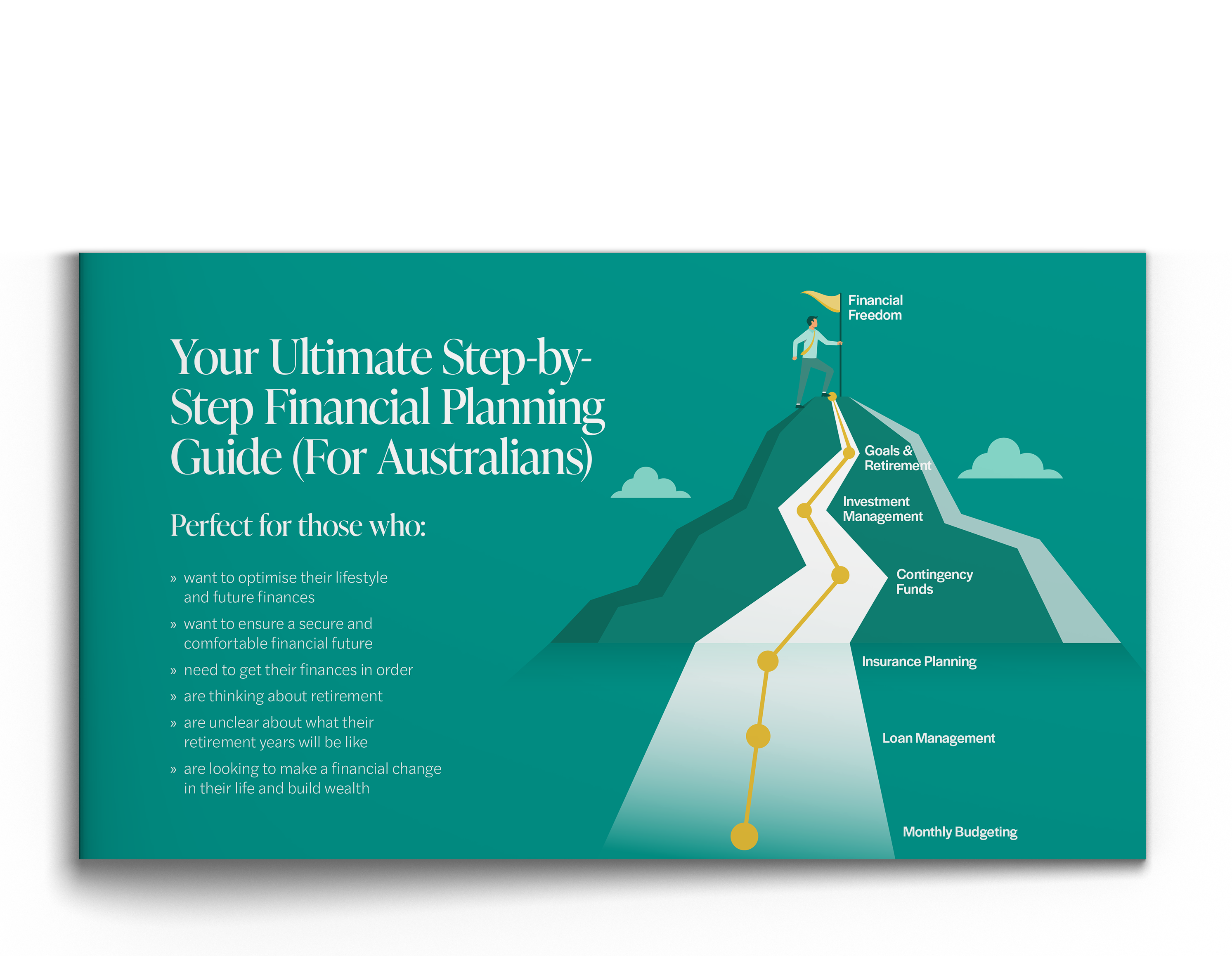Life after the nine-to-five slog can be equal parts exciting and intimidating. Pros: more time for the important things like family, travel or that movie list you started in 1998. Cons: you’ll never have that payday feeling again. Eeek.
While relying on superannuation and the old-age pension were once the retirement norms, an ageing Aussie population means we now need to be a bit more self-sufficient. Having a retirement plan in place is a non-negotiable.
Diversifying your investments, including property, can provide extra coin to sustain your lifestyle. That said, it isn’t without its drawbacks. We take a look at the pros and cons of buying an investment property to supplement your transition to retirement.
Pros of buying an investment property:
It’s a reliable source of income.
Rental income from tenants can be a great contributor to paying off your mortgage and, come retirement, there’s a good chance your loan will already be settled. Rental income then becomes a reliable supplement to your super every month.
You could win the capital gains game.
Buying property using an interest-only loan, rather than a principal-plus interest loan, won’t pay off your mortgage. But if you make a smart choice about the property you buy, you can still earn a profit through capital gains at sale.
You can leverage generous tax breaks.
Looking at your property as a long-term investment can pay dividends when you choose to retire. Negatively-geared properties provide a tax deduction throughout the life of your loan. If and when it comes time to sell your property at a profit, you may also be entitled to claim up to 50 per cent discount on capital gains tax, if you’ve owned the property for more than 12 months.
You’re in the driver’s seat.
You choose where and when to buy (and when to sell) and how much rent to charge.
You can also add value to your property – through renovations and upgrades – independently of the market.
Cons of buying an investment property:
You have to spend money to make money.
Owning a rental property comes with ongoing costs, such as maintenance, extended vacancy periods, insurance and land tax. Apartments tend to be the more cost-effective (just take note of strata levies) when compared to a house, so can make a good option for retirees.
If you’ve paid off your mortgage, your property may also move from a negative or neutral gearing to a positive one (where you’re receiving more in rental income than what you’re paying out). That means you’ll have to start paying tax on that income.
Markets can be moody.
Even the most knowledgeable investor is ultimately at the mercy of the market. While you can make good investment choices, you can never have complete control over how much your property appreciates or how much rental income it supports.
You can’t sell a bedroom.
Unlike other investments, your property can’t be divided up easily. You can’t sell off a small part of it to fund a holiday or race horse. However, you may be able to borrow against the equity you’ve accumulated, depending on your circumstances.
Saving for retirement is all about balance
A healthy retirement portfolio usually has a mix of cash-based and growth assets – such as property – that delivers the right blend of regular income and capital growth to meet your needs. If you invest smart you could soon be sipping cocktails in the Greek Islands – financial stress-free.
If you have any question or want to find out more, give me a call on 0413 437 389.

